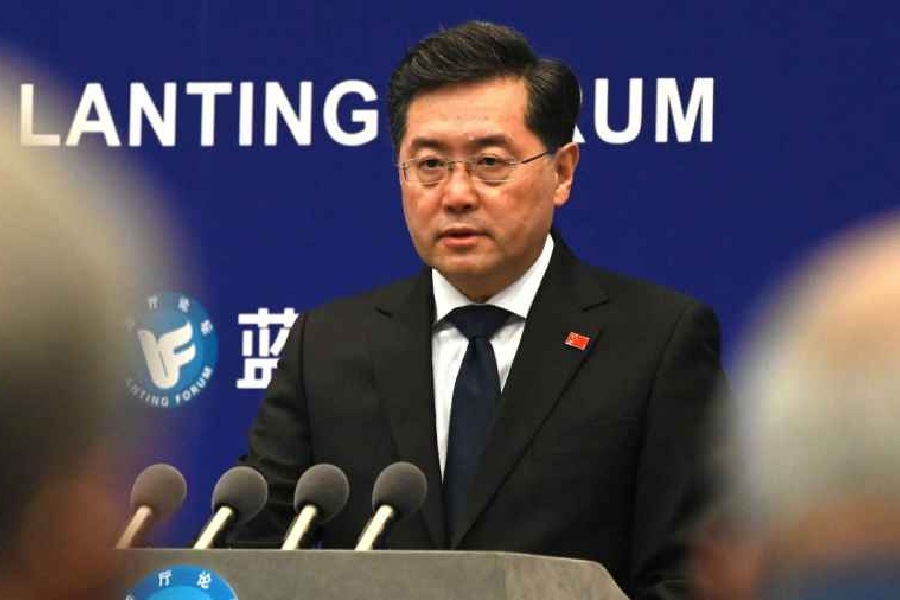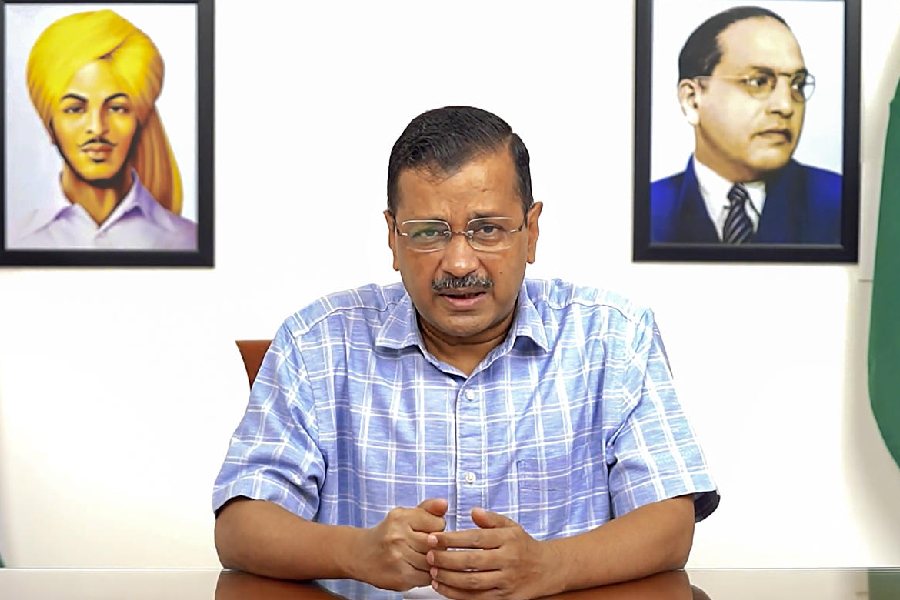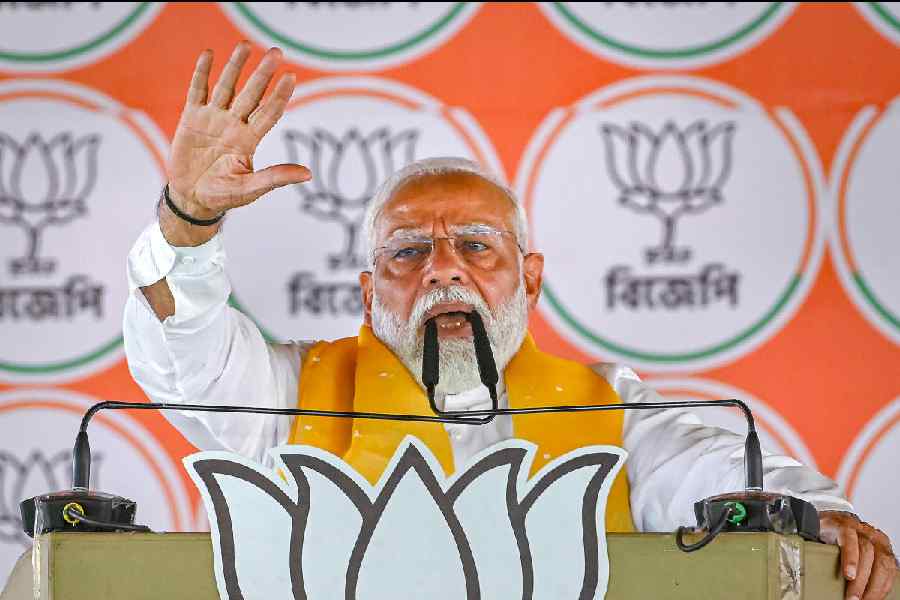China’s foreign minister, Qin Gang, has been removed from office after disappearing from public view 30 days ago, abruptly ending the career of a diplomat who leapt to the top as one of President Xi Jinping’s most trusted rising stars, the Chinese government announced on Tuesday.
The official decision that Qin had been replaced — and his spot taken by the former foreign minister, Wang Yi — capped weeks of speculation about his fate. As speculation grew, the Chinese ministry of foreign affairs claimed that Qin had health problems. But the brief announcement by the National People’s Congress Standing Committee, a council of China’s legislature that formally appoints senior officials, did not mention health or any other reasons.
The lack of clarity appears sure to fan speculation among Chinese commentators and seasoned observers about the circumstances behind one of the most dramatic falls of a high-flying Chinese official in recent times. One widespread theory is that his problems may be related to personal transgressions, possibly an affair with a Chinese TV personality while he was an ambassador in the US.
Whatever the veracity of those theories, Qin’s downfall is an awkward moment for Xi, who catapulted Qin into his powerful role as minister ahead of other older, longer-serving diplomats.
“If people wanted to be displayed on a widescreen the opacity of the Chinese system, and how that can — even if just temporarily — hobble the execution of policy, then they’ve got a prime example of it here,” Richard McGregor, a senior fellow at the Lowy Institute in Sydney who studies Chinese foreign policy, said in a telephone interview. Still, he added, Xi was too powerful to suffer much damage from Qin’s fall.
“It’s not a make-or-break episode for Xi, but his critics will get a thrill out of it, although they would not dare say so in public,” McGregor said. “If there’s any substance to the rumours, it’s a reminder that in the party system, your private life can be as much subject to regulation as your public duties. Though, in this case, the conduct of an ambassador has national security implications.”
Qin’s successor, Wang, appears to be a safe pair of hands after the drama of the past month.
Wang, 69, is a senior diplomat who is also the director of the Chinese Communist Party’s Foreign Affairs Commission Office, making him a primary policy adviser of Xi.
Qin, 57, was appointed China’s ambassador to Washington in July 2021, and 17 months later was promoted to foreign minister, singling him out as a trusted protégé of Xi.
Earlier, Qin had served as a foreign ministry spokesman, a diplomat in London and as a protocol officer, a job that brought him close to Xi during foreign visits.
Qin graduated from the University of International Relations, a school in Beijing linked to China’s security service, and worked as an assistant in the Beijing bureau of United Press International before joining the ministryof foreign affairs in 1992.
As a protocol officer for Xi, Qin was exhaustively punctilious, said Pavel Slunkin, who was a Belarusian diplomat involved in arranging a visit by Xi to Belarus in 2015.
During the visit, Slunkin said, Qin called at around 2am and asked to immediately go to a museum that Xi was scheduled to visit, so Qin could recheck every detail of the plans, including exactly when music would strike up as Xi walked up some stairs.
New York Times News Service










